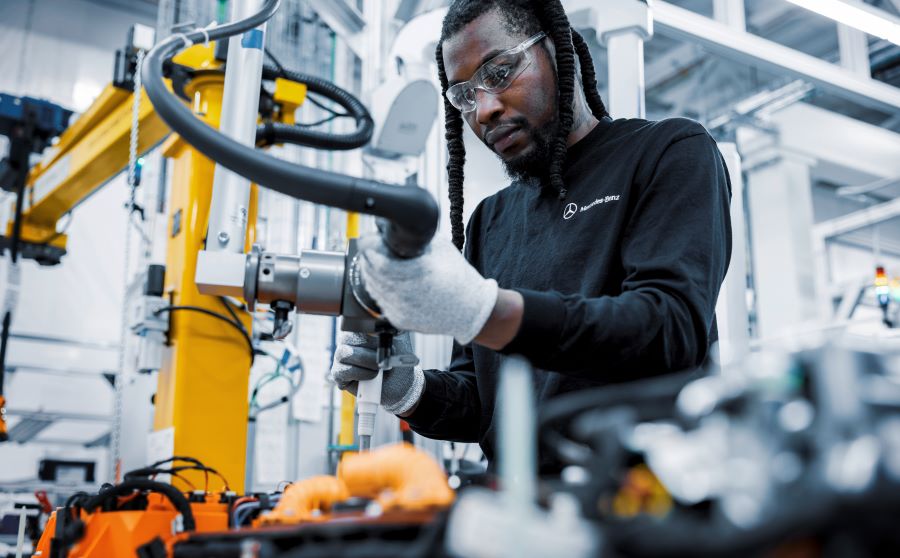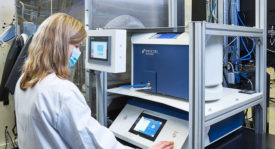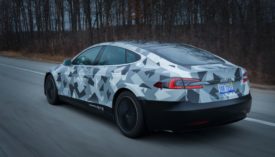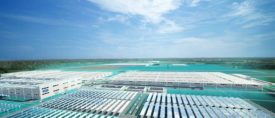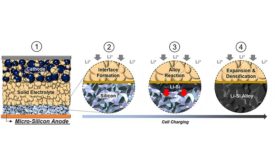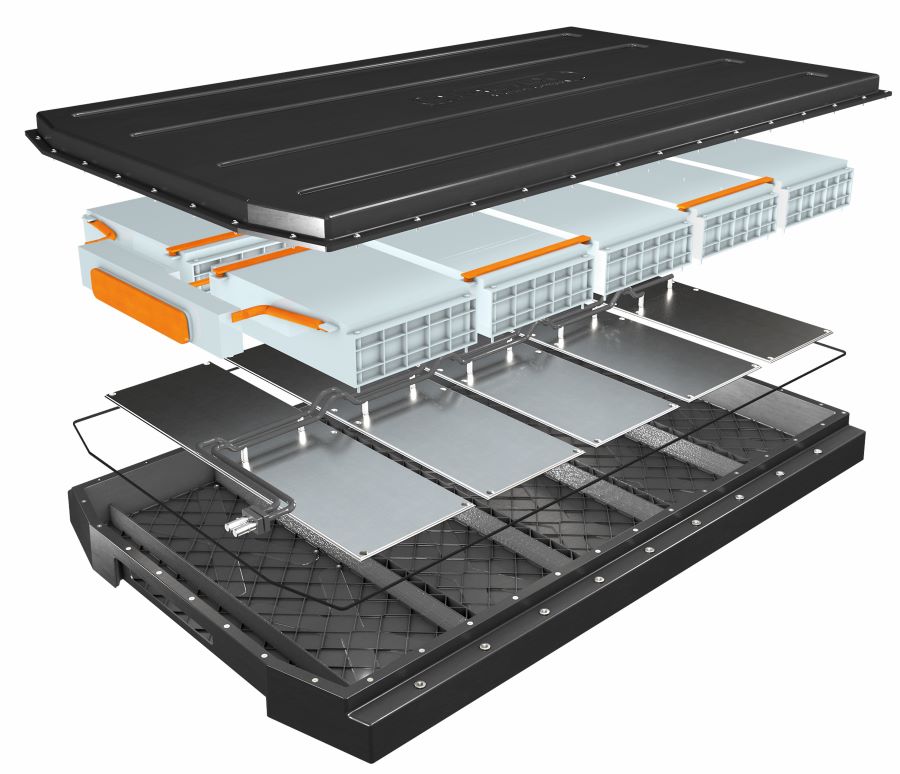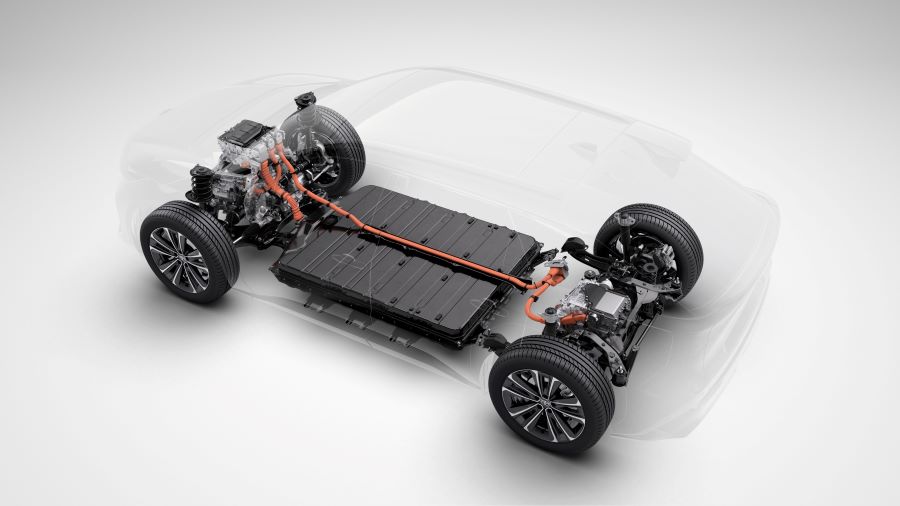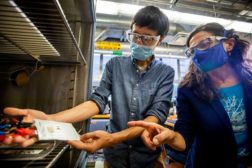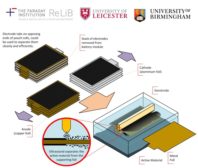Home » electric vehicle battery
Articles Tagged with ''electric vehicle battery''
Leak Testing Battery Packs
In-process and end-of-line tests are equally important.
February 16, 2022
Gigafactories Help Battery Manufacturers Meet Growing EV Demand
Fast, flexible automation can maximize throughput.
December 23, 2021
Never miss the latest news and trends driving the manufacturing industry
Stay in the know on the latest assembly trends.
JOIN TODAY!Copyright ©2024. All Rights Reserved BNP Media.
Design, CMS, Hosting & Web Development :: ePublishing
